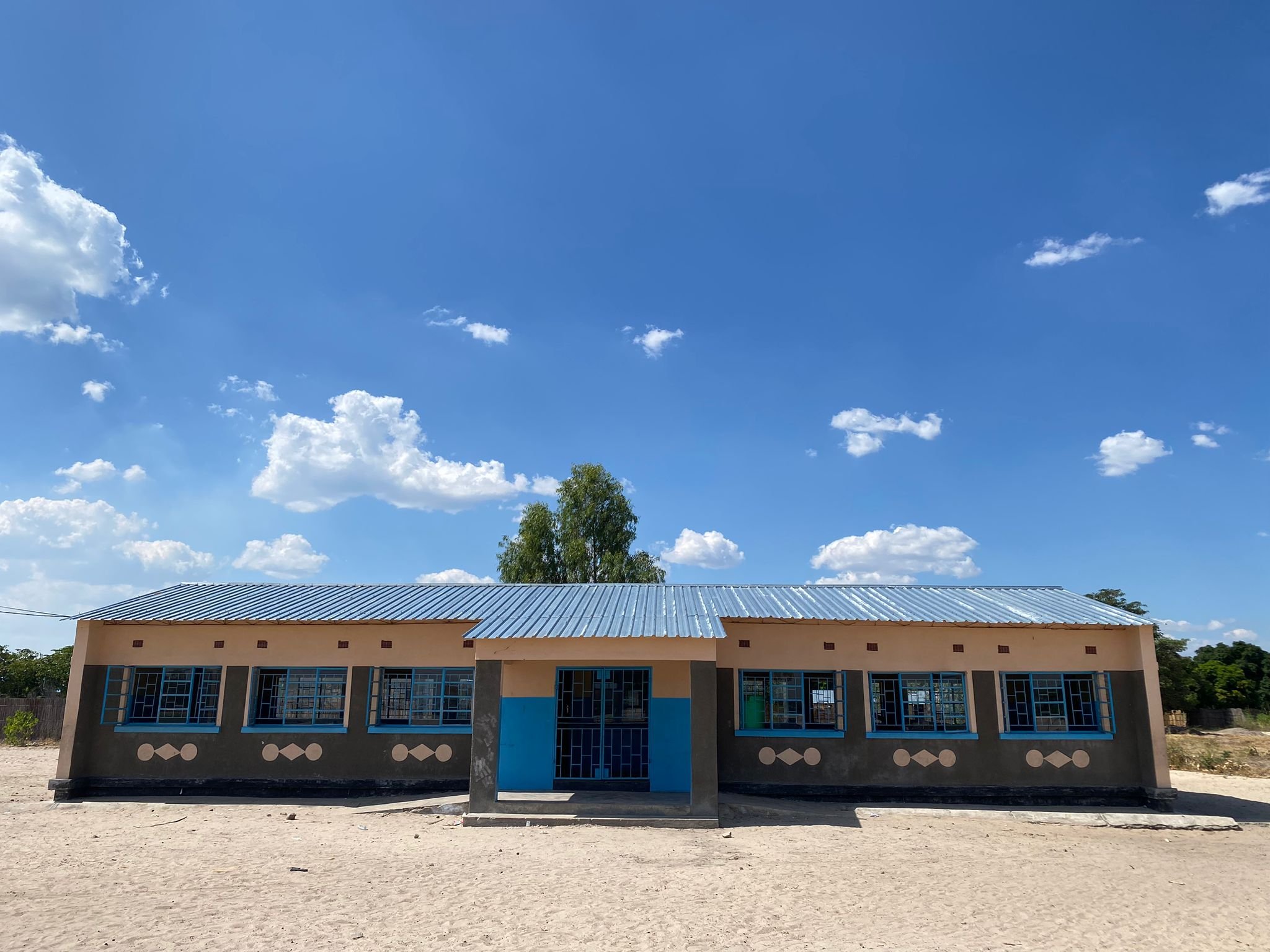The Road to Yuka: Initiation
“Let’s start at the very beginning, a very good place to start…”- Maria, The Sound of Music
On a dusty road in the rural outskirts of Zambia’s Western Province lies a small village by the name of Yuka. While tempting for the casual observer to define Yuka by its absences — running water, electricity, and reliable internet access — doing so is a lazy oversight; a gross materialistic over-simplification lacking nuance and sensitivity to complexity. Upon further examination, or rather any examination for that matter, it becomes clear Yuka is much more than what it lacks. Although there are few creature comforts, superfluous luxuries, and other standard Global North amenities such as neon-lit coffee shops with ‘tasteful’ decor, life is just as vibrant in Yuka as it is anywhere else. Children play, birds chirp, parents hustle from here to there with this and that, and the wheel of life rolls on, just as he who philosophized with a hammer reminded us so many years ago. Such is life in Yuka.
When I arrived in Yuka six months ago, I spoke a smattering of siLozi — the predominant local language — knew few cultural customs, and possessed even fewer notions of what to do with myself on a daily basis. Perhaps it is narcissistic to compare the beginning of my Peace Corps service with the Hero’s Journey, so masterfully outlined in Joseph Campbell’s The Hero With a Thousand Faces, but there were times during those early months where the image of the lone adventurer in a far away land felt rather apt. Wish as I may to think of myself as heroic, a more accurate designation is that of a jester; a well meaning yet clueless idiot who tries, entirely earnestly, but almost always misses the mark. So began my first weeks in Yuka.
It was at this point, in the spirit of Campbell, that my protector appeared, someone “who provides the adventurer with amulets against the… forces [they are] about to pass.” My protector was, and still is, Chimbali Kanunga: my host mother. My host mother took me under her wing in my first weeks in the village and hasn’t let me go since. She showed me what to do, what not to do, where to go, where not to go, and everything in between. She held my hand when I did not yet know where to grasp, guiding my every step regardless of however misguided my earlier ones had been. She introduced me as her “firstborn” to her friends and curious passersby. She called me not by my name but rather “mwanake,” siLozi for “my child.” She held me up until I was strong enough to walk on my own, and then retreated, supporting me from the sidelines, ever present and always within reach, supplying the love that only a mother can. Were it not for her, my time thus far in Yuka would have been infinitely more difficult.
My host mother is only the beginning of the love I received, and continue to receive, from my village. On paper, my host family consists of my host mother, my host father, and my host mother’s four biological children — Carol (19), Maureen (15), Chinyama (13), and Gile (3) — and Carol’s two children — Abby (4) and JJ (2). In reality, however, my host family is much larger. It consists of four grandmothers, five mothers, one uncle, five sisters, and six brothers. In other words, these people are my village; that which I think of when I think of Yuka. While Yuka itself is much larger, some 6,000 people in size, it is these 30 people that are my home.
Led by my host mother, Yuka accepted me as one of their own with no questions asked. I was given a walking stick — a rite of passage given to a boy when he becomes a man in siLozi culture — a name — Shakachama, or ‘fearless warrior’ in Simbunda, my host mother's native tongue — and more mangoes than I could ever possibly eat in my early weeks in the village. Writing this today, six months after those early days, the mangoes are no longer in season and the initial fervor at my arrival has died down, but Yuka’s love, support, and acceptance toward me have only grown.
My first months in the village revealed to me that Yuka, at its core, is family; the idea that no matter the circumstances, we have a duty to look after those who find themselves in our presence. In this case, it was me finding myself in the presence of my host mother, grandmothers, brothers, sisters, and everyone in between. And from the very beginning, without a second’s hesitation, I was accepted with open arms, embraced as one of their own.
It would be grossly remiss of me to claim my journey to Yuka, and subsequent integration into it, reflects my strength, courage, and all the other bravado-laden terminology so often accompanying the surmounting of a challenge. The truth is that my success here reflects grace, patience, and absolute kindness, but not of myself; rather, of Yuka. From assembly line to now, it has begun to form me in its image, its value systems, and its ontology. I am an initiate into its way of life, and I could not be more grateful. Arriving is only the beginning

